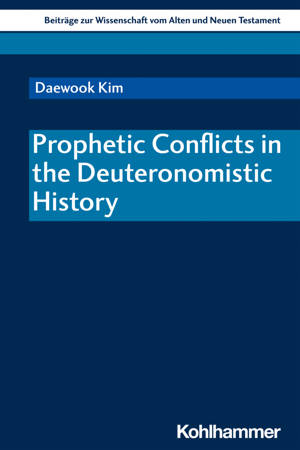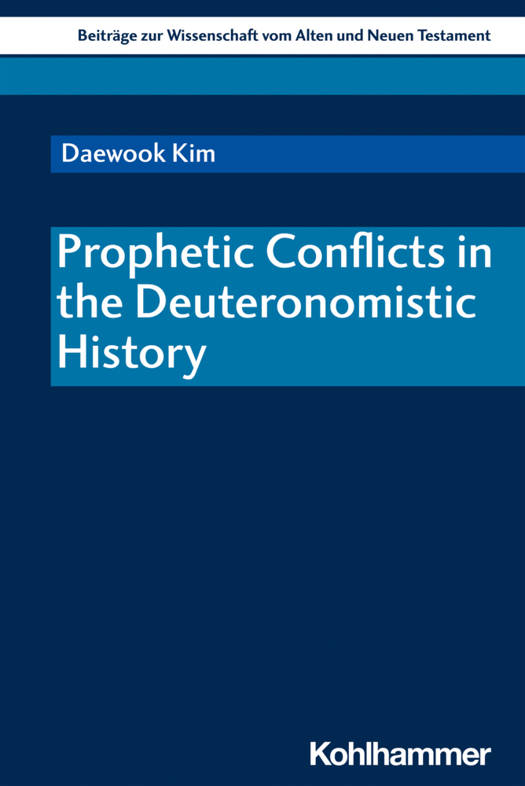
Je cadeautjes zeker op tijd in huis hebben voor de feestdagen? Kom langs in onze winkels en vind het perfecte geschenk!
- Afhalen na 1 uur in een winkel met voorraad
- Gratis thuislevering in België vanaf € 30
- Ruim aanbod met 7 miljoen producten
Je cadeautjes zeker op tijd in huis hebben voor de feestdagen? Kom langs in onze winkels en vind het perfecte geschenk!
- Afhalen na 1 uur in een winkel met voorraad
- Gratis thuislevering in België vanaf € 30
- Ruim aanbod met 7 miljoen producten
Zoeken
Omschrijving
This study explores the four narratives regarding prophetic conflicts in the Deuteronomistic History via three steps: first, examining the narratives with a synchronic approach; second, discussing the date of the narratives as revised by the Deuteronomists in the Persian period; last, considering religious settings and rhetorical purposes of the narratives. The Deuteronomists were more interested in the theological questions of the "true Israel," "true YHWH," and the "true worship place" than the prophetic conflicts. The conflicts reflect the difficulty to distinguish between true and false prophecy, and the Deuteronomists sought to answer their questions by using the conflict narratives. Their answers aimed for the postexilic community to protect their ethnic identity and to worship YHWH alone, exclusively in Jerusalem.
Specificaties
Betrokkenen
- Auteur(s):
- Uitgeverij:
Inhoud
- Aantal bladzijden:
- 150
- Taal:
- Engels
- Reeks:
- Reeksnummer:
- nr. 229
Eigenschappen
- Productcode (EAN):
- 9783170399938
- Verschijningsdatum:
- 3/03/2021
- Uitvoering:
- Paperback
- Formaat:
- Trade paperback (VS)
- Afmetingen:
- 155 mm x 231 mm
- Gewicht:
- 276 g

Alleen bij Standaard Boekhandel
+ 335 punten op je klantenkaart van Standaard Boekhandel
Beoordelingen
We publiceren alleen reviews die voldoen aan de voorwaarden voor reviews. Bekijk onze voorwaarden voor reviews.









